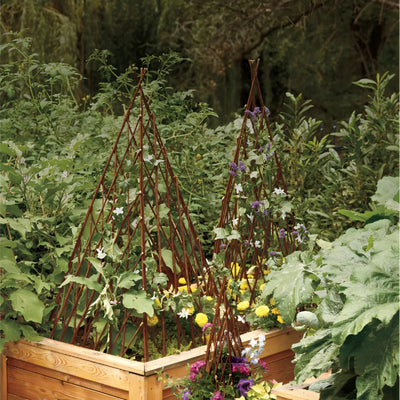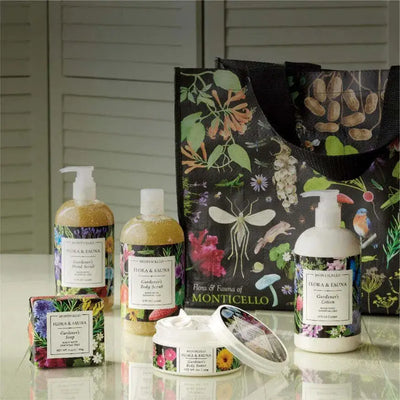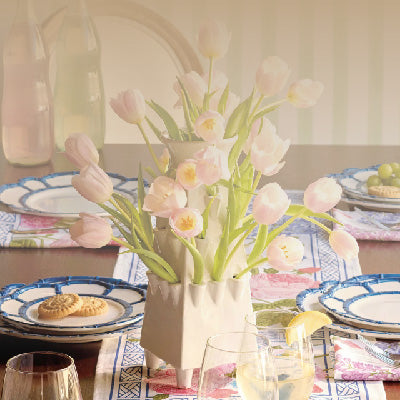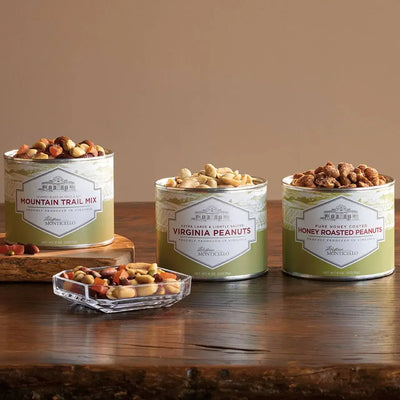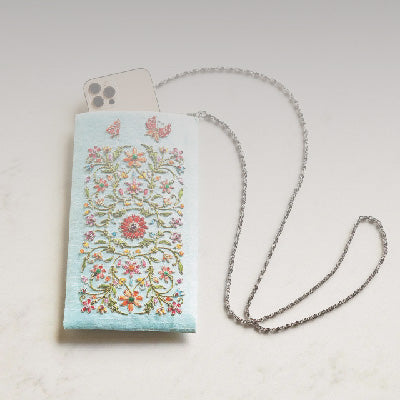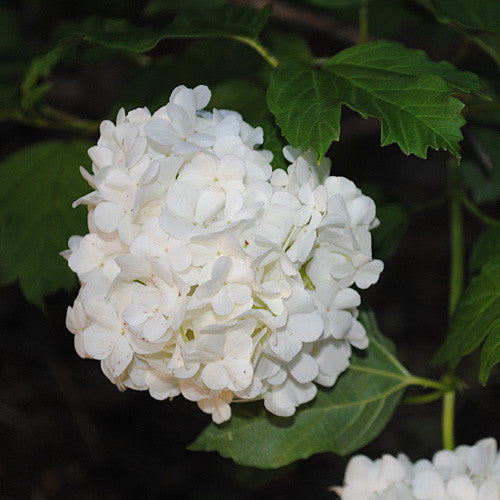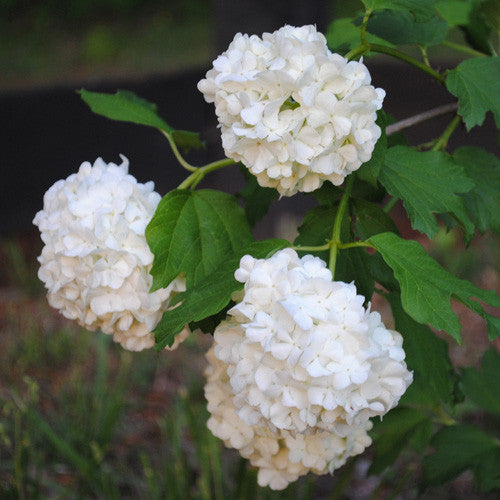Hardy deciduous shrub
Description: Large balls of white blossoms in late spring or early summer; sterile flowers do not produce fruit; orange-red fall color
Habit: Grows to 12 feet high and wide, but responds to pruning after flowers fade
Culture: Plant in well-drained, moderately rich soil in full sun or part shade; once established, shrubs will thrive with minimal care
Hardiness: Cold hardy to USDA Zone 3
Attributes: Fall color
Jefferson documented
This sterile garden form was known in Europe by 1554 and has been a favorite ever since. The flowers, described in 1770 as "balls of snow, lodged in a pleasing manner all over its head," have inspired other common names such as Whitsun-boss, Love-roses, and Pincushion-tree. On April 16, 1807, Jefferson planted V. opulus rosea on the "N.W. brow of the slope" of Monticello Mountain. That same day he also planted the species Gelder Rose or Cranberry Viburnum, V. opulus.
This plant will ship bare root. 12-18" 1 year rooted cutting.
Bare root planting tips:
~ If you can't plant immediately, store your plant in a cool location and keep the roots moist or pot in a container with a nursery potting mix from your local garden center.
~ Before planting, let the roots soak for several hours as you prepare the site. You'll want to dig a large enough hole so the root mass can spread out and the plant is at the same soil level as when it was growing in the nursery.
~ Once planted, water it in well and wait a month before fertilizing. Mulching will help to maintain moisture and raise soil temperatures for faster growth.
Details
| Genus | Viburnum |
|---|---|
| Species | opulus roseum |

